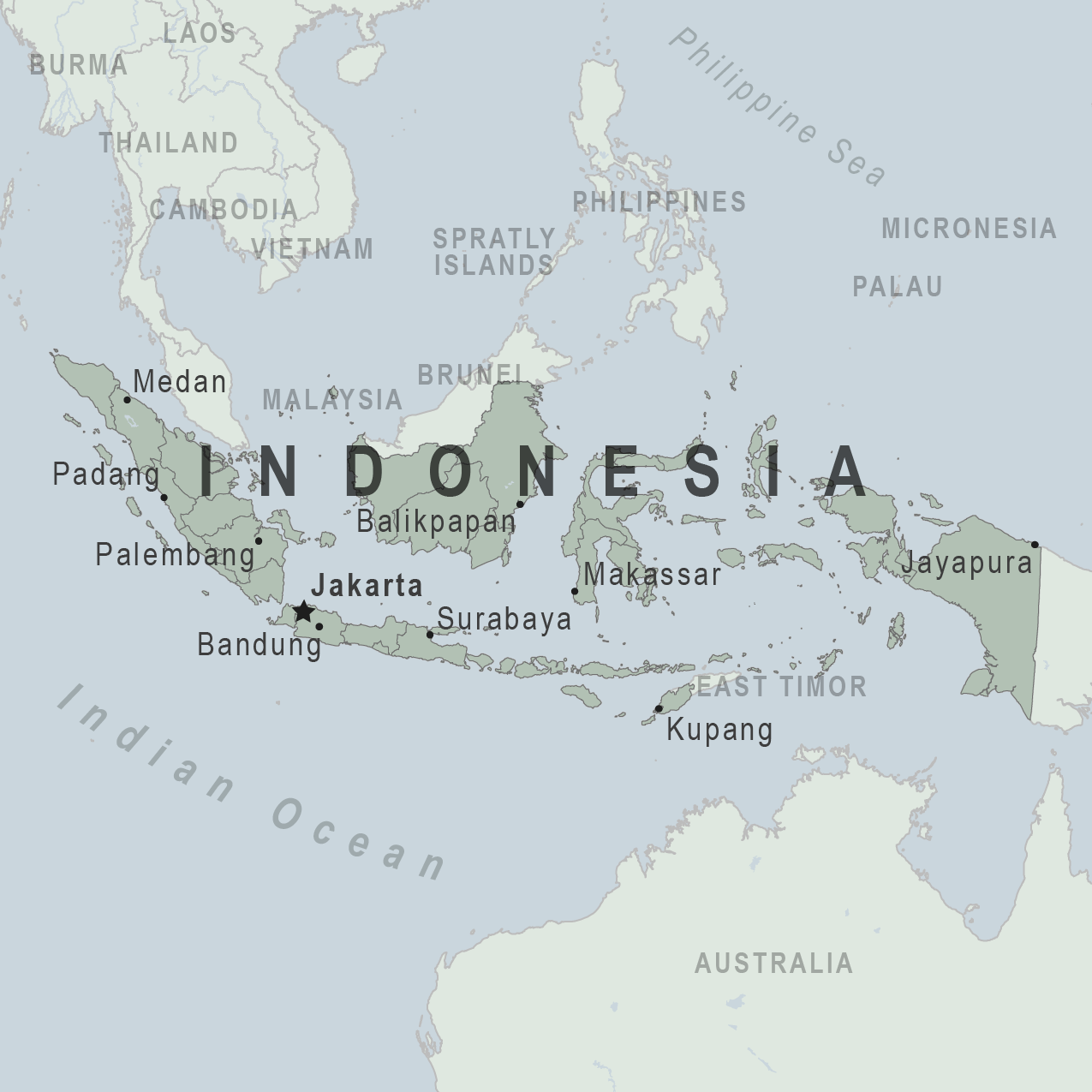Digital democracy in Indonesia: an Asian Giant in Constant Transformation in 2023

Politics goes digital in Indonesia.
Suharto, Indonesia‘s military ruler, was overthrown in 1998, marking the beginning of the country’s swift democratic transition. Since then, there have been frequent elections and largely peaceful transfers of power in Indonesia. Indonesia’s provinces and municipalities now have more authority because of decentralization policies, which are being overseen by locally elected officials.

Around the world, new technologies are changing our societies, particularly the way politics is practiced. As people & activists express their ideas and create political groups online, politicians are increasingly avoiding the national press by growing their large audiences there.
Indonesia, a sizable developing nation in south Asia with a populace of 277 million, has become a clear example of these patterns. It may be the ideal time to think about how technology & politics were interacting in the largest democracy inside the Islamic world once Bali hosts the G20 meeting this November, given the faltering post-COVID economic recovery and escalating confrontation between the West and both Russia and China. Indeed, one of the nation’s G20 goals is fostering digital transformation.

Indonesia stands out as a country that made the shift from tyranny to democracy a little over two decades ago in a world plagued by catastrophic afflictions like a climate catastrophe, a pandemic that won’t go away, and a concerning standoff between 2 nuclear superpowers in Ukraine. The importance of technology in supporting this great nation’s democratic political institutions and culture is on the rise.
An amazingly active and diversified political environment at all layers of society & across various areas has thus replaced the dictatorship’s “court politics,” which were centered in the dictatorship’s capital Jakarta with everyone else acting as passive spectators. With yearly GDP growth often topping 5%, Indonesians are pleased with their nation and sure that their children will have better lives than they do. Maladministration and corruption, however, continue to be major issues.
The democratization of Indonesian politics accelerated these tendencies. The country today has a strong Internet penetration rate and an estimated 191.4 million people utilize social media or more than two-thirds of the country’s population. Hootsuite estimates that Indonesians spend an average of more than three hours per day on social media, reflecting a substantial increase in social media use across much of Asia.
The president of the nation, Joko Widodo, who was first elected as an outside-in 2014 and also was elected in 2019, has about 50 million Instagram followers and 19 million Twitter followers. Local and national elected elites have also been successful in gaining substantial social media followings and the associated power.
The political usage of online media is as varied for activists and regular people as in Indonesian society. Progressives challenge the national standards on LGBTQ issues using social media. Environmentalists protest deforestation and the disposal of trash in the ocean, and Islamic organizations use expertly designed internet messaging to enlist new members.
Censorship in Indonesia: a varying social and political reality
There are restrictions on what may be written online in Indonesia, though. Social pressures as well as the inconsistent application of censorship & blasphemy laws by local and national authorities and courts have a role in this.
According to Patrick Ziegenhain, an international relations professor at University in Cikarang, Western Java, “You may go to jail or be made to pay big penalties for criticizing how a hospital is operated or a local public person.” You should thus use caution while speaking, although enforcement is selective and sporadic.
Indonesian society’s more religious sectors frequently take the initiative in enforcing social rules. One instance included the well-known pub chain Holywings, which ran a special campaign providing a free gin bottle to males with the name “Muhammad.” Many Muslims were outraged by this usage of the title of Islam’s Prophet.

Ma’ruf Amin, a pious conservative priest, was selected by President Joko Widodo as his running mate for vice president in 2019. A new penal statute that was just established in the nation is being criticized by activists as endangering the rights of women and LGBT people. At the same time, more extreme Islamic organizations’ operations and expression, as well as separatist movements in places like the province of Papua and the island of Papua, may be severely curtailed.
Liberal rights & democracy as majoritarianism are occasionally at odds, just as in the West. According to the Transformation Index item for Indonesia by the Bertelsmann Foundation:
The considerable support for non-democratic positions and the high levels of backing for democracy in Indonesia appear to conflict. For instance, 52 percent of Muslim respondents to a study conducted in September 2019 opposed the concept of a non-Muslim being governor. … Given that Muslims make up the biggest religious group in Indonesia, a bigger role for Islam in state structure is not only acceptable but also intrinsically demanded by democratic norms, according to many orthodox Muslims.
The political use of social media in Indonesia
Citizens frequently use social media superficially for political ends. Many young people rely on social media for the majority of their news and are prone to placing too much faith in what they read. Others could just decide against posting critical opinions online.
Max, a recent political science university graduate, claims that young individuals in Indonesia sometimes lack critical thinking. “Critical thinking might be viewed as being overly resolute and is thus despised. Not everybody has the bravery or the ego to resist the powerful conformist society.
Local influencers on social media, or “buzzers,” may reach large audiences and occasionally express political opinions. Public people may, for good or ill, draw criticism and become the target of an online “mob” of haters.
As of now, it doesn’t appear that Indonesia’s digital transition has resulted in the extreme social and political division that we observe in many Western nations. But like in other places, the use of new technology in several industries will continue to change Indonesian life.

This is especially true given how tech-friendly Indonesian culture is. Ridwan Kamil, the governor of West Java, used Twitter earlier this month to promote the use of agriculture technology in his region, including the use of motorbikes to plant rice and drones to spray pesticides or liquid fertilizers.
Although they may be ethically neutral and employed for good or bad, technologies enable humans. Globally, how we apply new technology will decide whether they exacerbate societal issues or enables the transition to sustainable communities while preserving social cohesiveness.
Indonesia’s rise in digital democracy and youth’s political participation
The political landscape of Indonesia has changed significantly as a result of the digital media platform. The public participates in politics and expresses their political thoughts through social media platforms. This study was carried out in Indonesia to investigate how young people engage in politics and the effects of digital media on them. The phenomena of widespread student engagement, which happened in Indonesia in August 2019 in response to a new bribery (KPK) law, had an impact on the study.
The research chose to focus on Jürgen Habermas’ “The Public Sphere” public sphere theory. This ties to the study’s goal of getting young people involved in politics so they may learn about and express their shared opinions in public. More than 400 respondents were chosen for the survey, which has a quantitative design, during the demonstrations using random sampling methods.
The study’s findings show that young people engage in a variety of actions, such as protesting new legislation, that supports democracy and enhances Indonesia’s political system. Youth political involvement in Indonesia is therefore demonstrated by their use of social media platforms. The report offers some advice on how young people might demonstrate their engagement in online realms.
The academic literature highlights how the student movement in Indonesia participates in digital democracy by using social media and the Internet. According to the current report, youngsters actively participate in protests all around Indonesia. Corruption and changes in the democratic pattern are just two of the factors driving increased involvement; suddenly, unfairness is the cause of the protest. It is explored how protests influence young people to participate in public meetings for shared interests or political protests.
According to several social scientists, including Di Gennaro and Dutton (2006) and Coleman (2005), the public sphere is the speaker of the person concerned about the government or the state. They believe that utilizing the public sphere to their advantage will help them and have an effect on the current political climate.
We may conclude that social media applications, personal communication, as well as other ICTs help people throughout their political actions by providing information and fostering communication. To encourage people in their search for democratic involvement and to make their opinions heard, there are many different channels available.
Edited by Prakriti Arora




